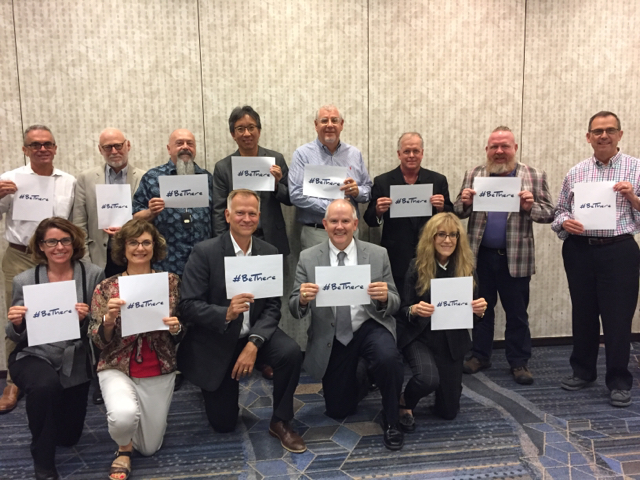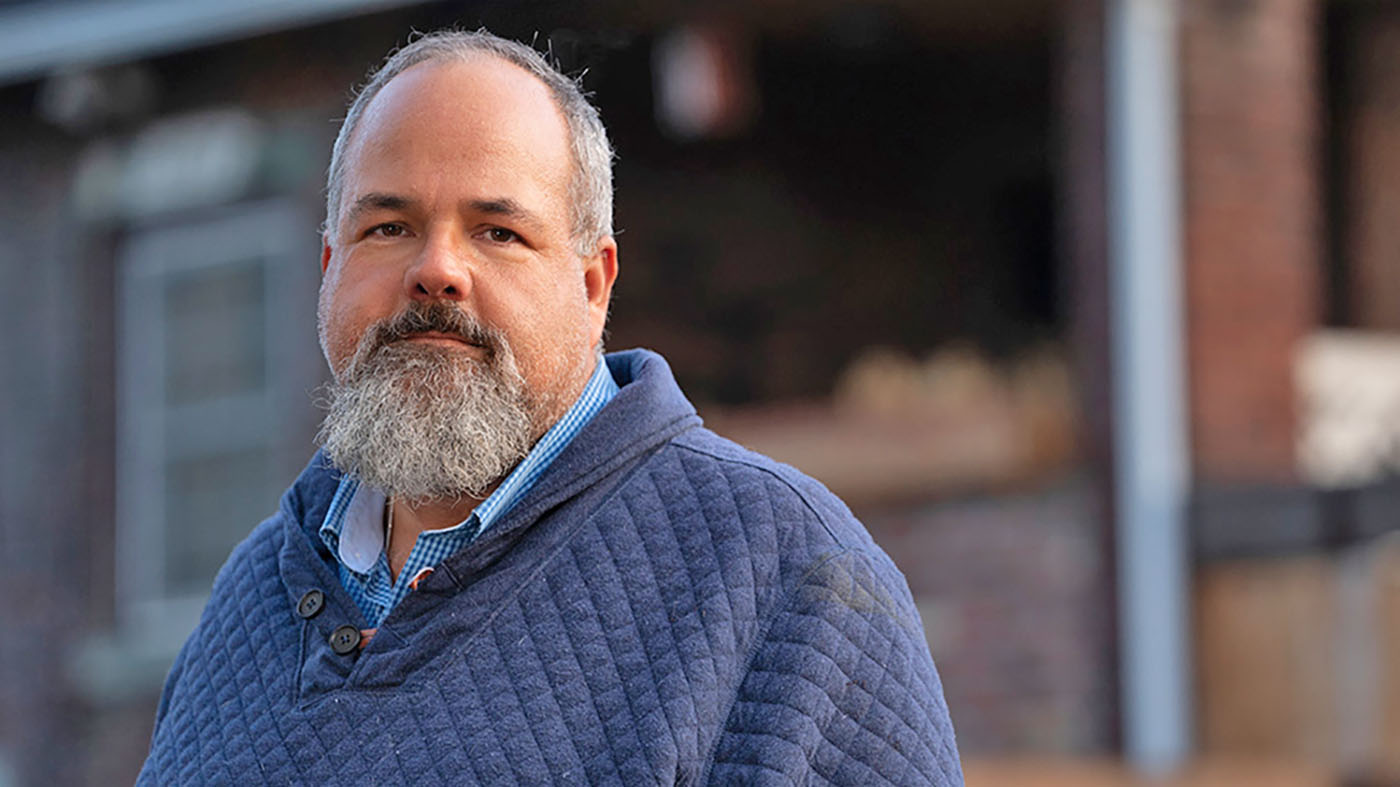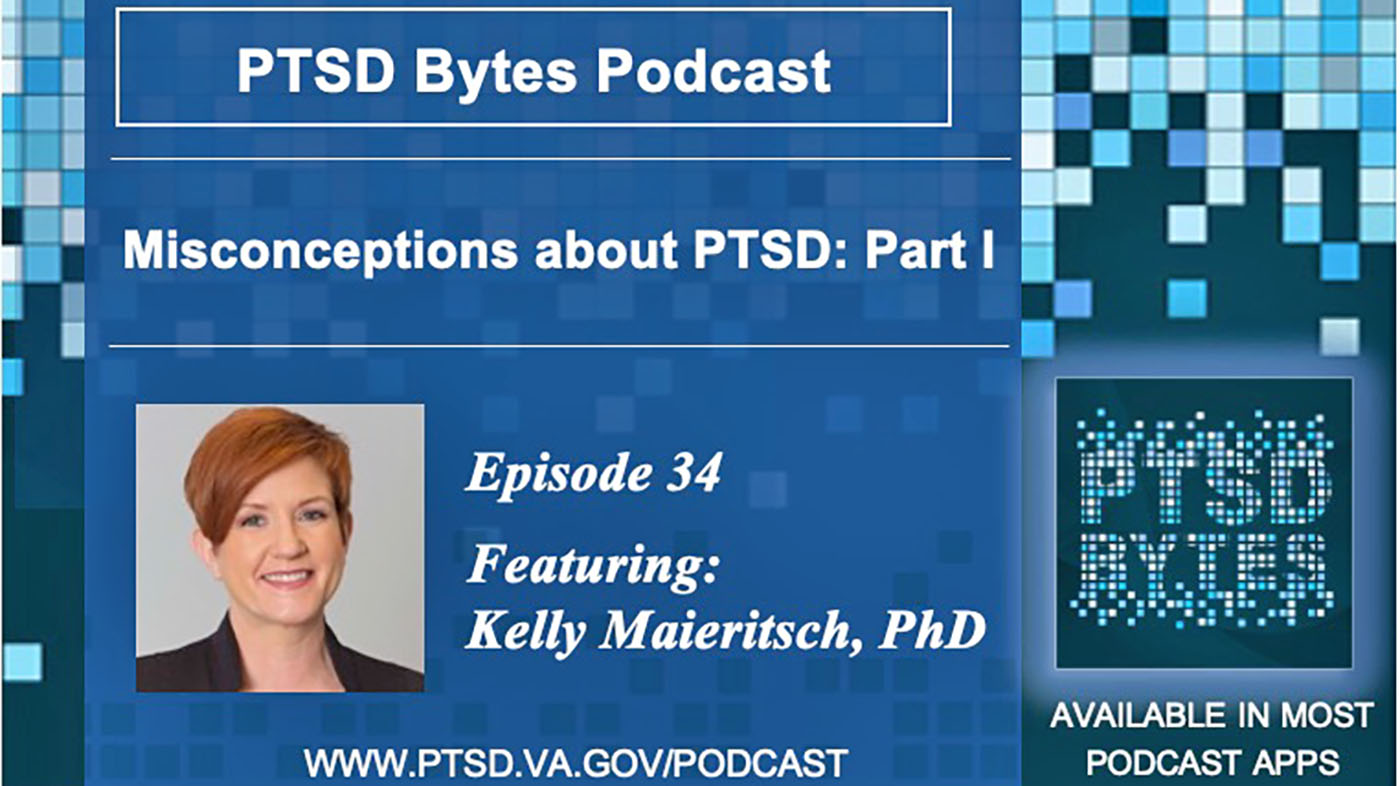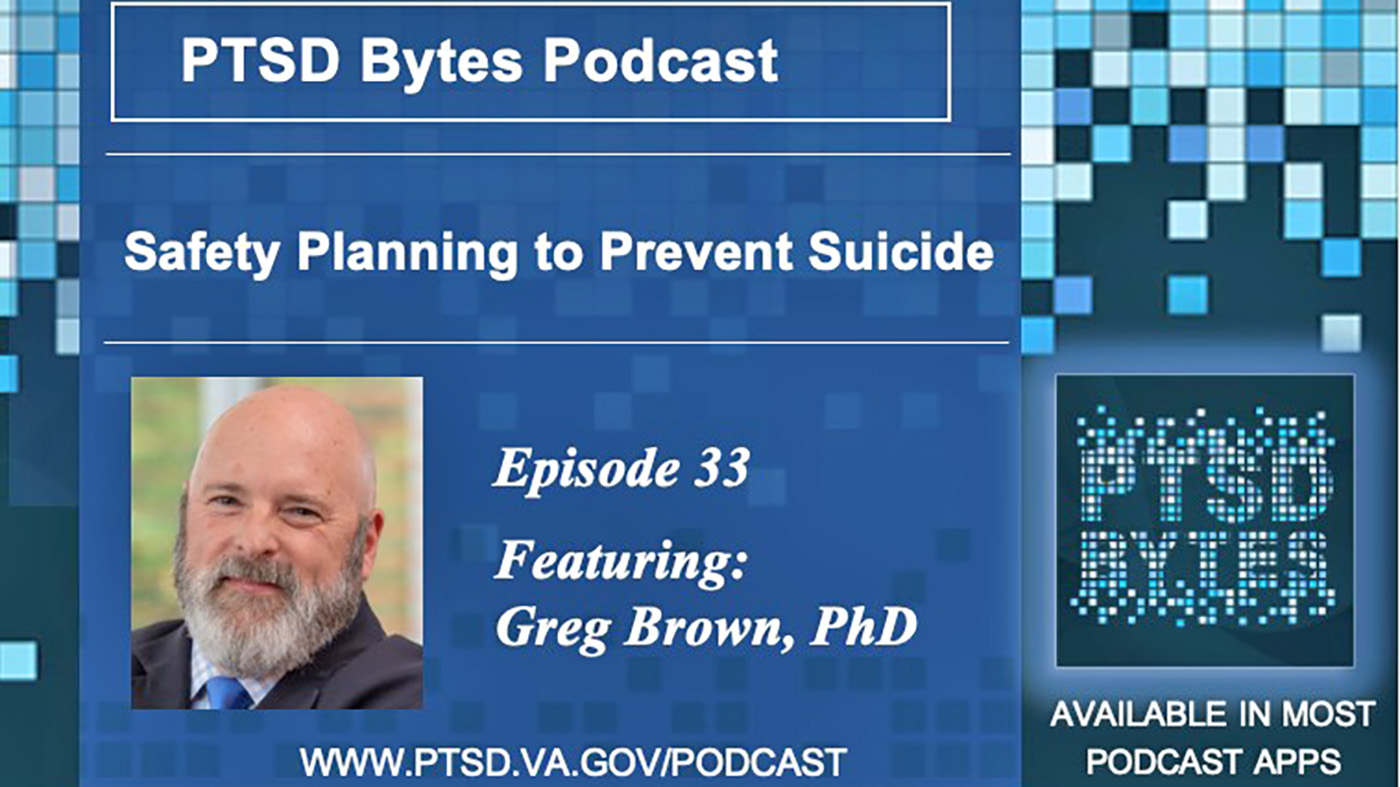Transitioning from active duty to civilian life can often be overwhelming even in the best of circumstances. VA research shows the year following separation from active duty military service can pose many transition-related challenges — such as homelessness, family reintegration, employment, post-traumatic stress disorder, substance misuse — that can increase the risk for suicide.
As part of a January 2018 Mental Health Executive Order (EO), the VA provides seamless mental health resources to eligible Service members and Veterans during that first year, whenever and wherever they need it. This EO reconfirms the commitment of VA in providing mental health services and resources to those who have served our nation, and continues to ensure no one is forgotten, especially during the first year after separation from service.
In response to the EO, the Department of Veterans Affairs (VA), Department of Defense (DoD), and Department of Homeland Security (DHS), are working collaboratively on a Joint Action Plan that addresses providing newly transitioned Veterans with easily accessible mental health services during the critical first year post service. The plan focuses on the three key goals of:
- Ensuring that all transitioning Service members are aware of, and have access to, mental health services;
- Ensuring that the needs of at-risk Veterans are identified and met;
- Improving mental health and suicide prevention services for individuals who have been identified as needing care.
“We know that as Service members transition to Veteran status, some face higher transition-related challenges that need to be identified and anticipated before the onset of a mental health crisis,” says Dr. Keita Franklin, Executive Director, Suicide Prevention in the Office of Mental Health and Suicide Prevention. “Previously, navigating the VA health care system during the stressful time of transition was challenging and some transitioning Service members did not have access to VA provided mental health services, but this Executive Order aims at closing that gap.”
Franklin continued that she and VA’s DoD and DHS partners agree that an aggressive plan was needed to address these concerns and pointed out that their approach is different from past efforts. The benefits highlighted in the joint action plan include the following:
- Service members will learn about VA benefits and start enrollment before becoming Veterans.
- Newly transitioned Veterans can access mental health care right away at any VA medical center.
- Former Service members with eligible other than honorable discharges can receive mental health care from VA Medical Center’s in their first year after separation.
- Transitioning Service members and Veterans can easily and intuitively access mental health resources online.
- Veterans will have access to Whole Health Orientation groups, and other services such as Military One Source and the #BeThere peer support line.
This EO and the creation of the Joint Action Committee are the bold steps needed in addressing a longstanding VA priority for combatting mental health issues and preventing suicide among its Veterans, but Franklin states we all have a role to play.
“Family members, friends, and the community, are critical and can all assist in promoting wellness and well-being for our Veterans,” Franklin said. “There is no wrong door to care. We need to tell our transitioning Service members and Veterans that our door is open and we’re here to help them.”
 Dr. Keita Franklin, a member of the Senior Executive Service, is the National Director of Suicide Prevention for the U.S. Department of Veterans Affairs Office of Mental Health and Suicide Prevention. Dr. Franklin serves as the principal advisor to VA leadership for all matters pertaining to suicide prevention.
Dr. Keita Franklin, a member of the Senior Executive Service, is the National Director of Suicide Prevention for the U.S. Department of Veterans Affairs Office of Mental Health and Suicide Prevention. Dr. Franklin serves as the principal advisor to VA leadership for all matters pertaining to suicide prevention.Topics in this story
More Stories
Be ready before a suicide crisis by learning about resources that are available. You don’t have to face it alone.
In a two-part series, Dr. Colleen Becket-Davenport discusses some common myths surrounding PTSD with Dr. Kelly Maieritsch.
In this episode of the PTSD Bytes podcast, we speak with with Dr. Greg Brown, Philadelphia VA clinical psychologist, about how safety planning can prevent suicide.







I sometimes wish I was missing a limb. At least it would be seen. I am so sick and tired of the Mental Health Department simply pushing me one way, and then the other. Over 17 years of being seen in the highest mental health department in the North Texas VA, and every time they come up with a diagnosis…the people are let go. I start all over again. I have a wonderful psychiatrist, but his major is pharmacy. They will not allow him to diagnose me. The new director of the department avoids me at all costs. Yet on a C and P they allow a “medical clerk” to write that she is not sure I even served in Combat, and that taking my word on anything would be very unethical. This is how it all starts…. You take away everything we fought for. You take away our dignity. We have nothing left to lose. My own family now questions what I did. All because they give a 90 minute webcast class to a bunch of idiots, and now they control our lives. I have had enough!!!!
Brent. Let me start by saying I am sorry that you are having a rough time. I treat Veterans on a daily basis and I have seen them struggle… what you face is REAL! I am in the mental health department and we are not all assholes.
Also, real trained ADA Service dogs should require a separate license to differentiate between real and fake “service dogs.” It’s exhausting having to defend my trained ADA service dog
So when Paula Minger hears that a vet commits suicide she may realize how stupid her statements are.
Veterans with PTSD have the LOWEST risk of suicide
Love all our Veterans.
When will there be Woman’s only MST programs put in place? As a veteran suffering homelessness in and off the past two years I’ve been to a dozen VA’s in different states and each have little knowledge on MST or how to treat with respect
Let me try again :-)
I wonder what our enemies think of today’s high rate of mental illness and PTSD w today’s Veterans?
We should always place our PHYSICALLY WOUNDED above mental health at the VA
TRIAGE is important while the VA is so over burdened with patients.
Paula,
The VA has finally come to realize that you have to treat the Veteran as a whole. Mind, body and soul. Do you think that our wounded Veterans don’t have PTSD, Depression or other mental health issues related to their injuries? Think again! That is why the VA is changing the way they are doing things. We don’t throw a pill at them and see them in 6 months. We are now offering alternative treatment. i.e. yoga, acupuncture, chiropractic care, etc. Just because you can’t see their wound, doesn’t mean they should take a back seat to someone with a visible wound.
I disagree, PTSD is being c,aimed by over half of today’s returning veterans. If we ever had a war that should haventhe LOWEST PTSD zits the OIG/OEF wars. Sonce 2010 PTSD the easiest and highest claim a vet can make today.
Based on studies 82% dropout of mental health care once a 100% rating is reached.
Physically wounded ALWAYS should be cared for first
I apologize for my errors I can’t see anything I’m typing….
Your a serious d-bag for saying that! Our vets of all ages deserve great care no matter what’s wrong with them is the key to honoring them. Shame on you.
I wonder what our enemies think of the mental health issues today’s vets claim? We should always place our physically wounded above mental health at the VA. TRIAGE in care is so I’m
Organs when the VA is so busy,